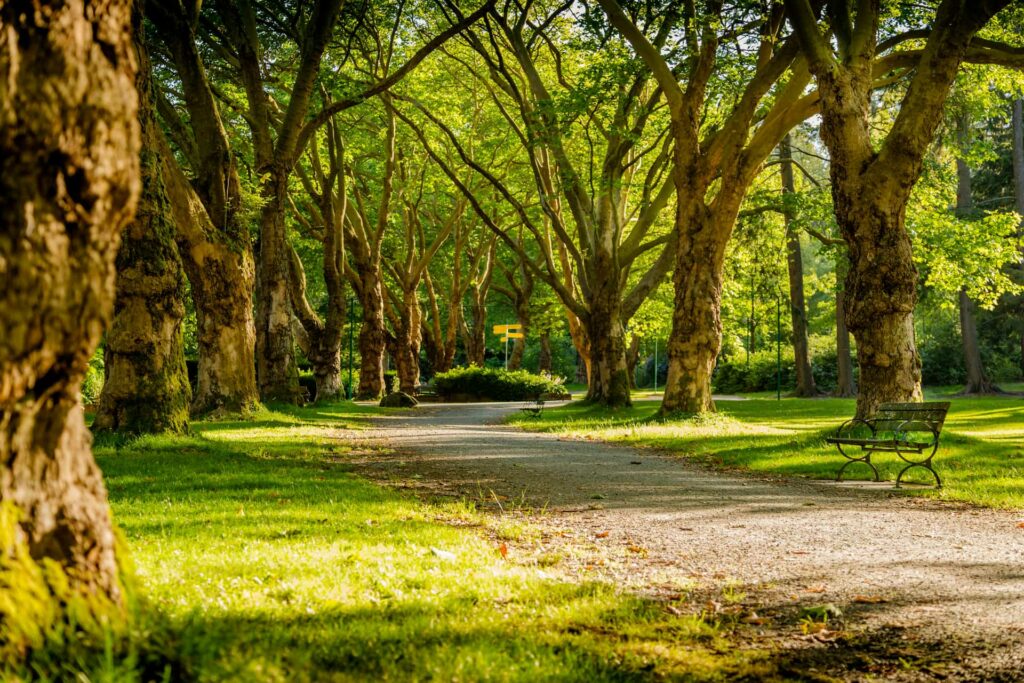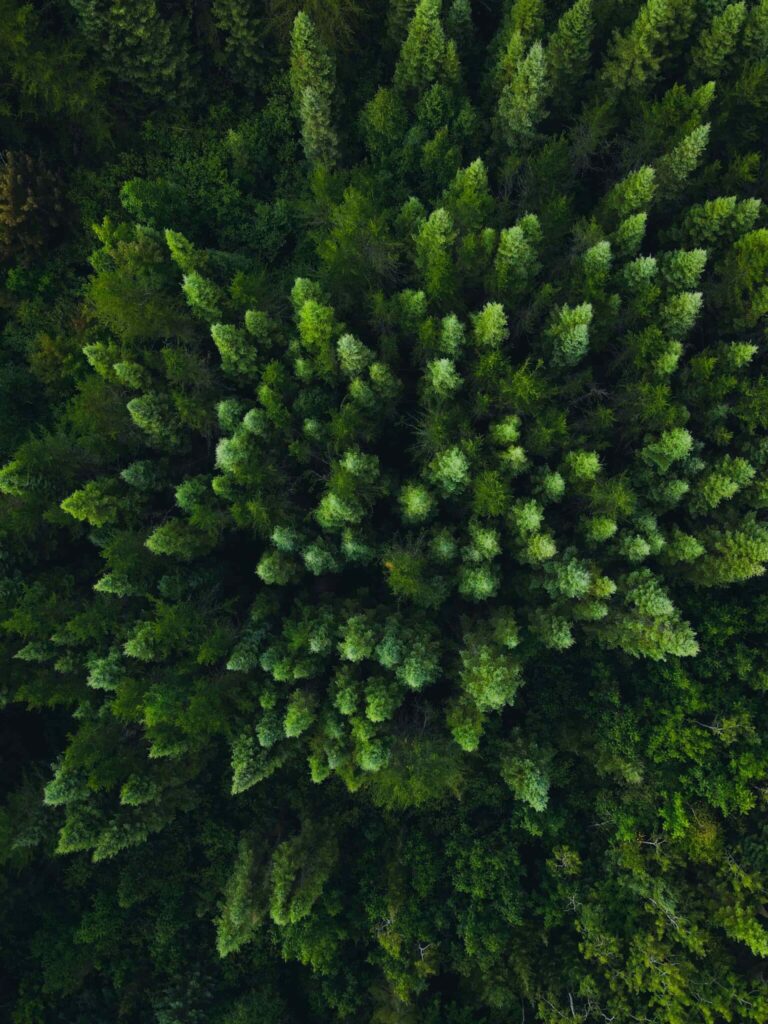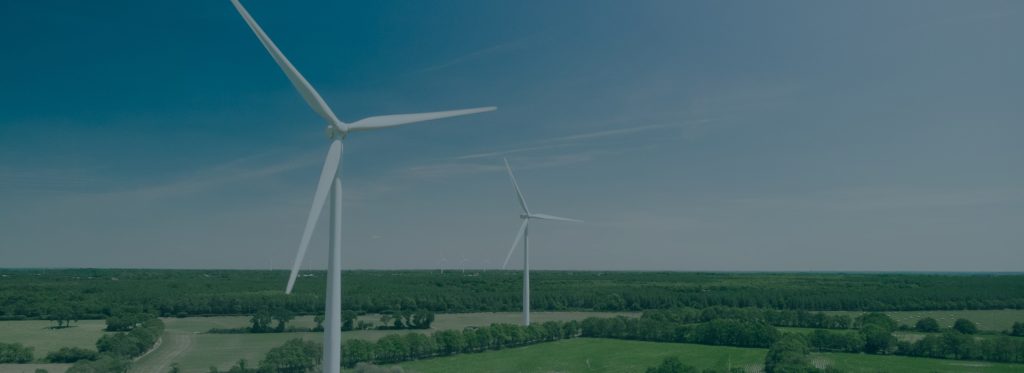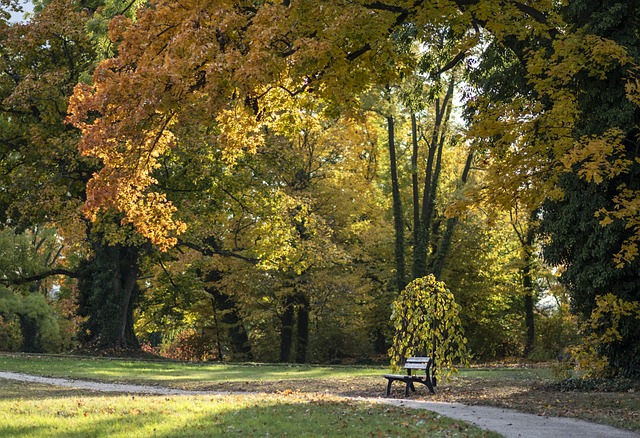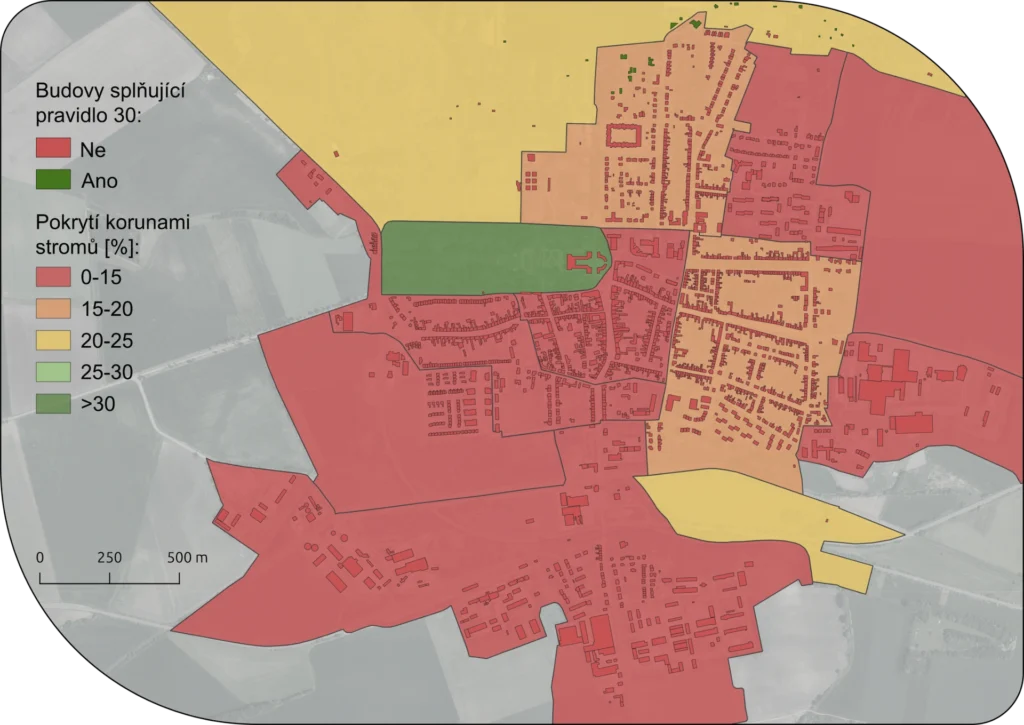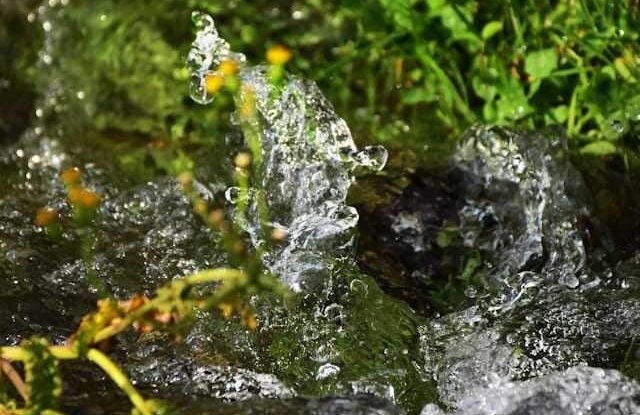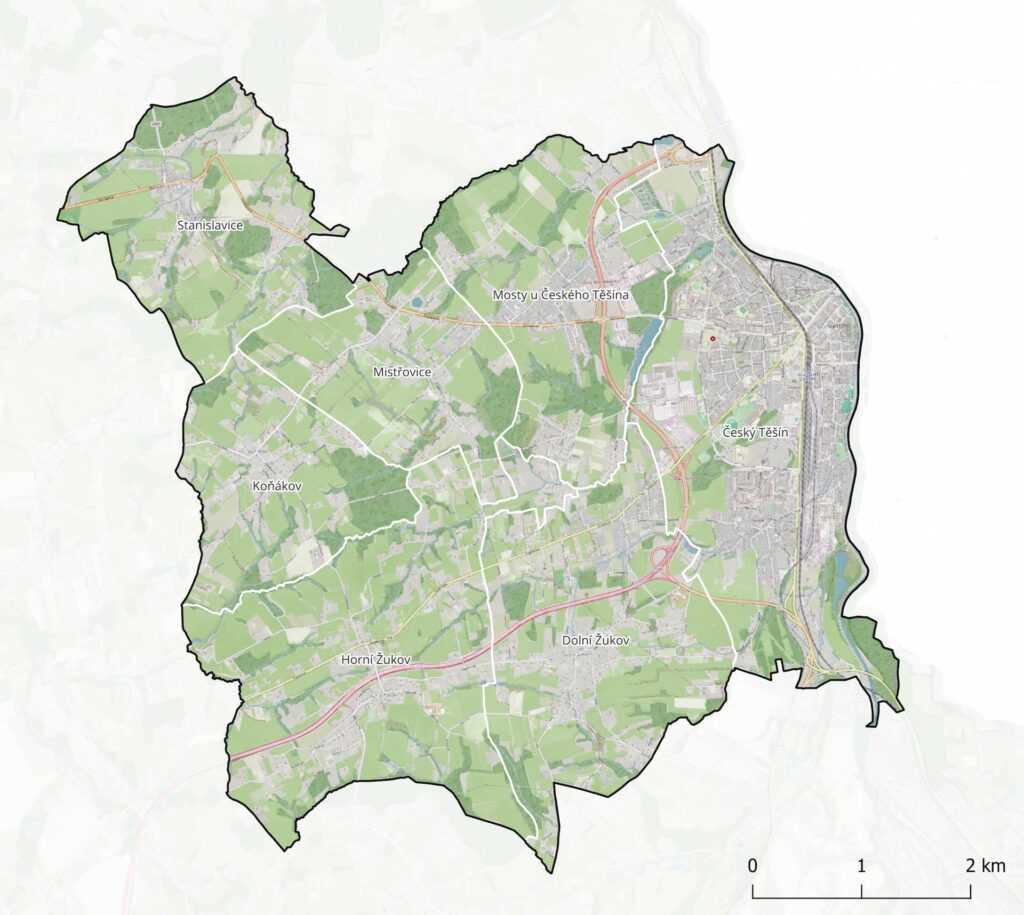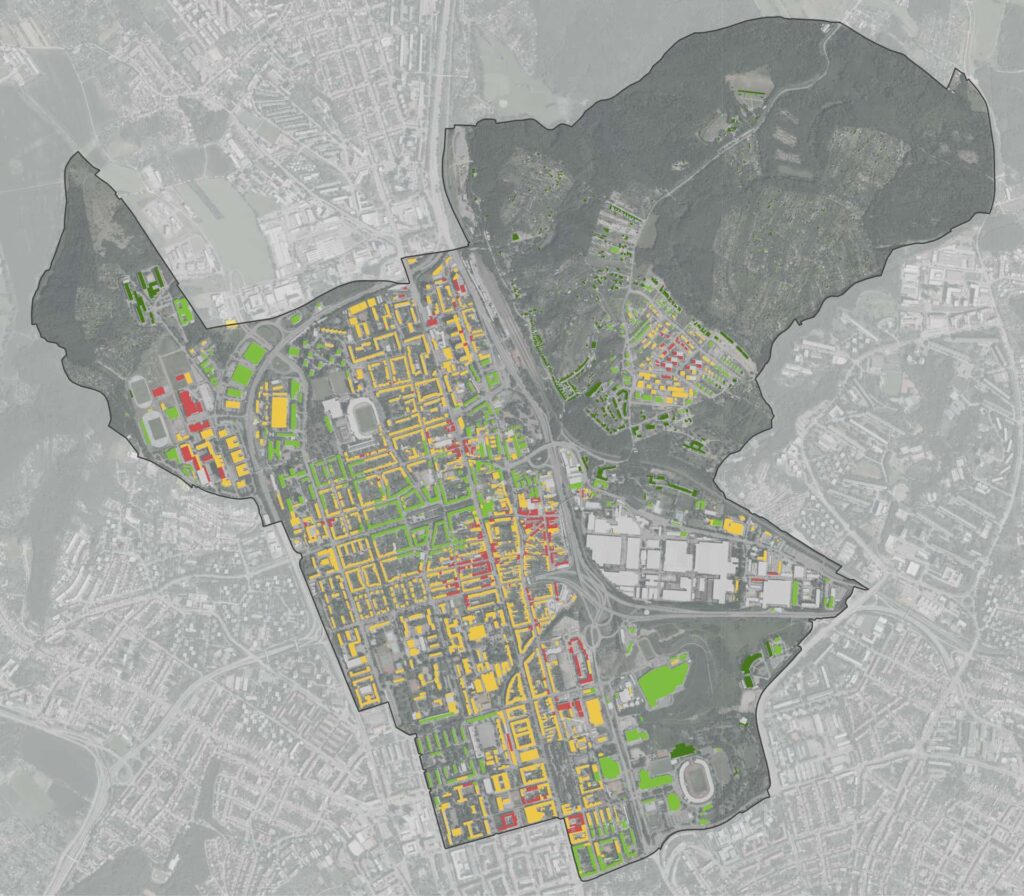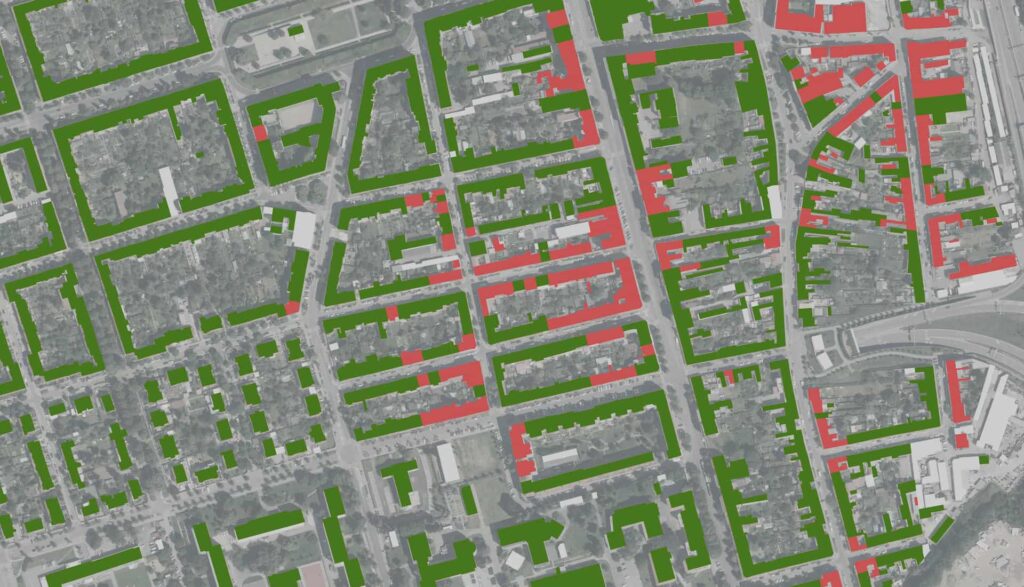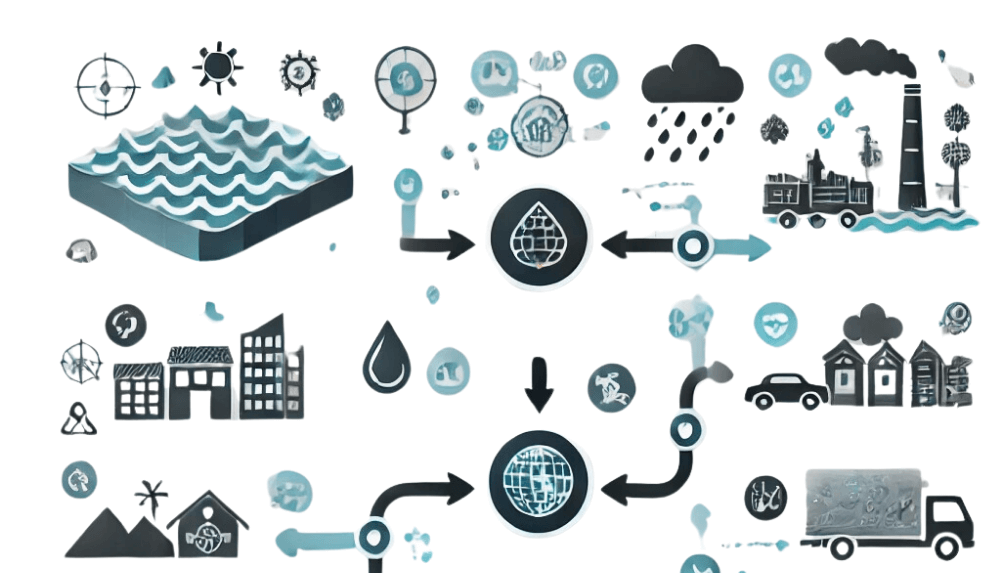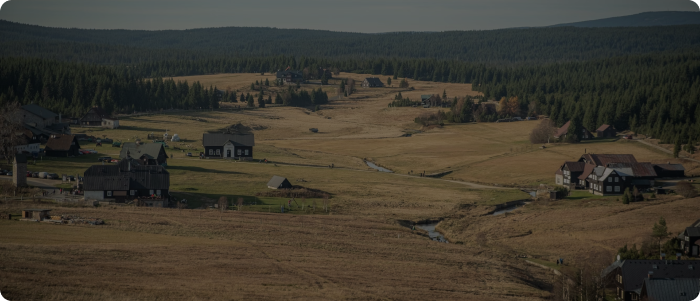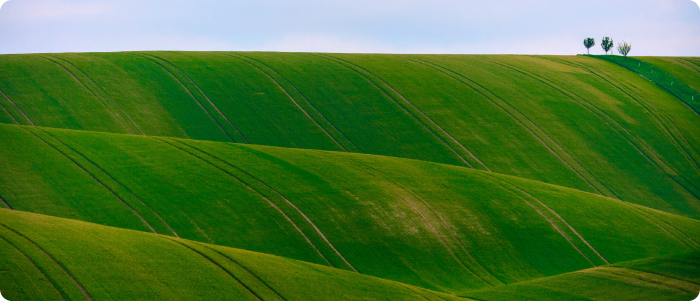How does CO2 affect our climate?
The concentration of carbon dioxide (CO₂) in the atmosphere is a key factor that affects the global climate. Over the last 800 000 years, CO₂ concentrations have ranged from 170-280 ppm (parts per million). However, since the Industrial Revolution, which began around 1750, these levels have increased dramatically, leading to current levels in excess of 420 ppm.
Historical development and measurement of CO₂
Historical CO₂ concentrations are determined by analysis of glacial boreholes, which provide data up to 800 000 years old. Modern measurements began in 1958 at the Mauna Loa Observatory in Hawaii, where Charles Keeling began continuous monitoring of CO₂ concentrations. This long-term record, known as the Keeling curve, reveals not only annual variations in CO₂ concentrations, but also a long-term upward trend caused by the burning of fossil fuels.
The impact of CO₂ on global warming
Carbon dioxide is responsible for around 70% of global warming, with other greenhouse gases such as methane and nitrous oxide accounting for the remainder. CO₂ absorbs infrared radiation and prevents it from escaping back into space, raising the temperature of the atmosphere. Studies show that a doubling of CO₂ concentration leads to a long-term increase in global temperature of around 3°C.
Natural cycles and human activity
The concentration of CO₂ naturally fluctuates throughout the year as a result of plant photosynthesis and respiration. During the northern hemisphere summer, when deciduous trees have leaves, photosynthesis is more intense, leading to a decrease in CO₂ concentration. Conversely, in autumn, when trees shed their leaves, CO₂ is released back into the atmosphere. However, this natural cycle is overlapped by the long-term increase in concentrations caused by human activities, especially the burning of fossil fuels.
The consequences of increasing CO₂ concentrations
The consequences of increasing CO₂ concentrations
Increasing CO₂ concentrations have wide-ranging implications for the global climate. In addition to rising temperatures, glaciers are melting, sea levels are rising and extreme weather events are becoming more frequent. Changes in the Earth’s surface reflectance (albedo) and aerosol emissions also play a role in the complex interaction of factors that affect the climate system.
Conclusion
Rising carbon dioxide concentrations are a key factor influencing climate change. Current scientific data clearly show that the increase in these concentrations is mainly due to human activities, leading to a warming planet and further climate change. It is essential that we continue to monitor and reduce CO₂ emissions to minimise the negative impacts on our climate and future generations.


